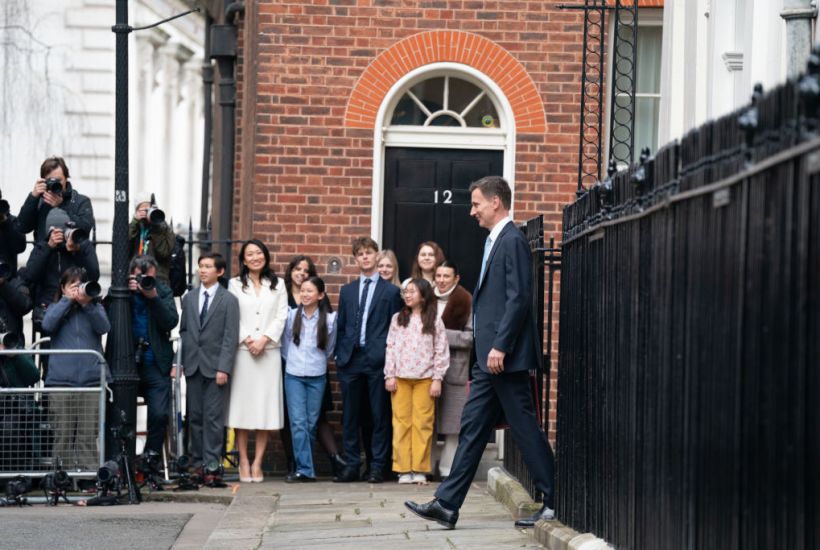This afternoon Jeremy Hunt delivered his second Budget as Chancellor. Much of his speech had been trailed over the previous days. The headline measure is a 2p cut in National Insurance, rather than the more expensive mooted cut to income tax. This will benefit 27 million workers from April: when combined with the previous cut to national insurance in the autumn statement, it is a cut worth £900 to the average earner.
Already a subscriber? Log in
Subscribe for just $2 a week
Try a month of The Spectator Australia absolutely free and without commitment. Not only that but – if you choose to continue – you’ll pay just $2 a week for your first year.
- Unlimited access to spectator.com.au and app
- The weekly edition on the Spectator Australia app
- Spectator podcasts and newsletters
- Full access to spectator.co.uk
Or





















Comments
Don't miss out
Join the conversation with other Spectator Australia readers. Subscribe to leave a comment.
SUBSCRIBEAlready a subscriber? Log in